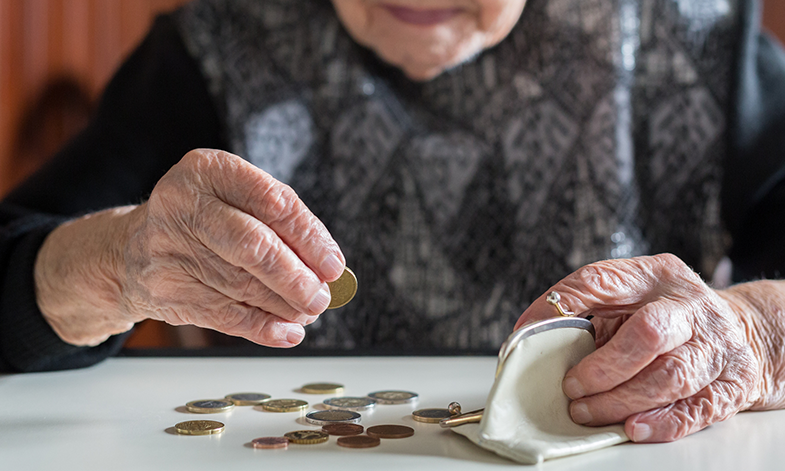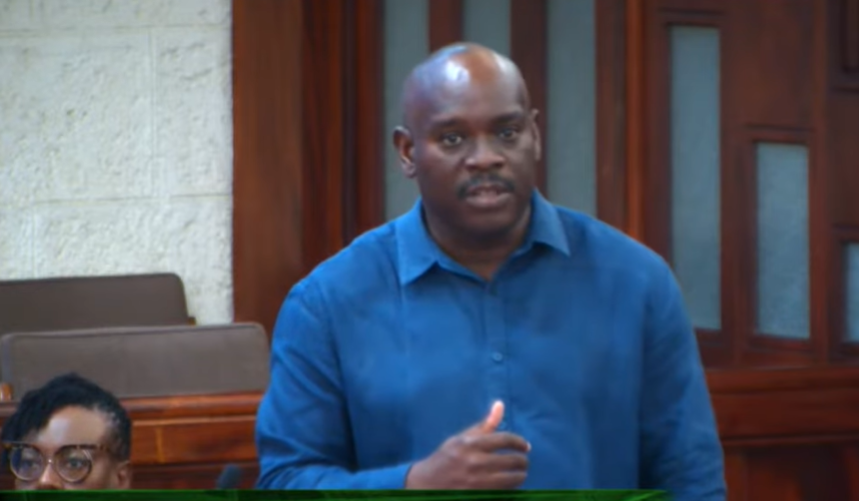Barbados is developing a new debt-for-social swap designed to channel savings from restructured sovereign debt into key social programmes, including education, healthcare and heritage, economic affairs minister Kay McConney announced on Tuesday.
McConney made the revelation at the United Nations BCCI Private Sector Forum at the Hilton Barbados Resort. She described the forum as more than a conversation but “an invitation to align national priorities with private sector capacity and apply international best practices suited to Barbados.”
“Every best practice out there is not necessarily suited for us,” she said. “It is also a time where new forms of financing, technology and collaboration can accelerate our economic transition while we are advancing the six national missions that have been agreed by our social partnership, and that are linked intentionally and directly to the Sustainable Development Goals.”
The minister for investment stressed that ambition requires financing and that traditional models are proving insufficient.
The debt-for-social swap will be used to bolster education, healthcare and heritage, and build community resilience, while still maintaining fiscal responsibility, she added.
“The private sector indeed can engage directly by investing in social impact projects financed through these swaps or by supporting community-based enterprises that emerge from them, Barbados’ leadership.”
She explained the concept in simpler terms: “What happens is you have debt, there’s a price for that — it’s your interest. What you do is restructure that debt, and whatever savings you make from a reduced interest rate, those savings are committed to the specific purpose you’ve determined, be it climate, be it nature, be it social.”
McConney positioned the proposed social swap as the next logical step in a broader strategy of innovative financing that Barbados has been pioneering on the global stage. “Building on these successes, Barbados is now seeking to develop a debt-for-social swap,” she said. “It allows us to use the debt we already have to create savings, and we then use those savings towards something that is meaningful. That is the innovation and the genius of it all.”
She noted that these initiatives show how small island developing states can design and implement complex, market-driven financial solutions that deliver tangible economic, social and environmental benefits.
McConney cited Barbados’ Blue Bond debt-for-nature swap with The Nature Conservancy as a proven model for success.
She said: “It redirected almost $150 million towards marine conservation and climate adaptation. This innovative transaction not only freed fiscal space for resilience projects but also demonstrated that small island developing countries can design complex, market-driven financial solutions that deliver measurable environmental and economic impact.”
The minister also referred to the 2024 debt-for-climate swap. “Barbados completed a debt-for-climate swap by repurposing $300 million in domestic debt through a syndicated loan from the domestic banking sector, generating an estimated $125 million in fiscal savings. These savings will be utilised for climate-resilient water, infrastructure and agricultural projects.”
She insisted that the debt-for-social swap, like the previous nature- and climate-focused deals, will not increase the island’s overall debt burden but will instead use existing obligations more strategically, creating fiscal space for high-priority social initiatives. “It is about using what we already have to do better for our people,” she said.
McConney highlighted the role of the private sector in supporting these initiatives, noting that collaboration between government, businesses, banks and development partners is critical to translating policy into tangible results. “It is the entrepreneurs who innovate, the investors who take risks, the banks who finance, and our development partners, including the UN, who provide support.”
“The social swap allows us to channel resources to where they matter most, without adding to our debt base,” McConney said. “It is an example of how financial innovation can serve human development, and we are inviting the private sector to be partners in this journey.”
(LG)
The post New debt-for-social swap to boost education, healthcare, heritage – minister appeared first on Barbados Today.


